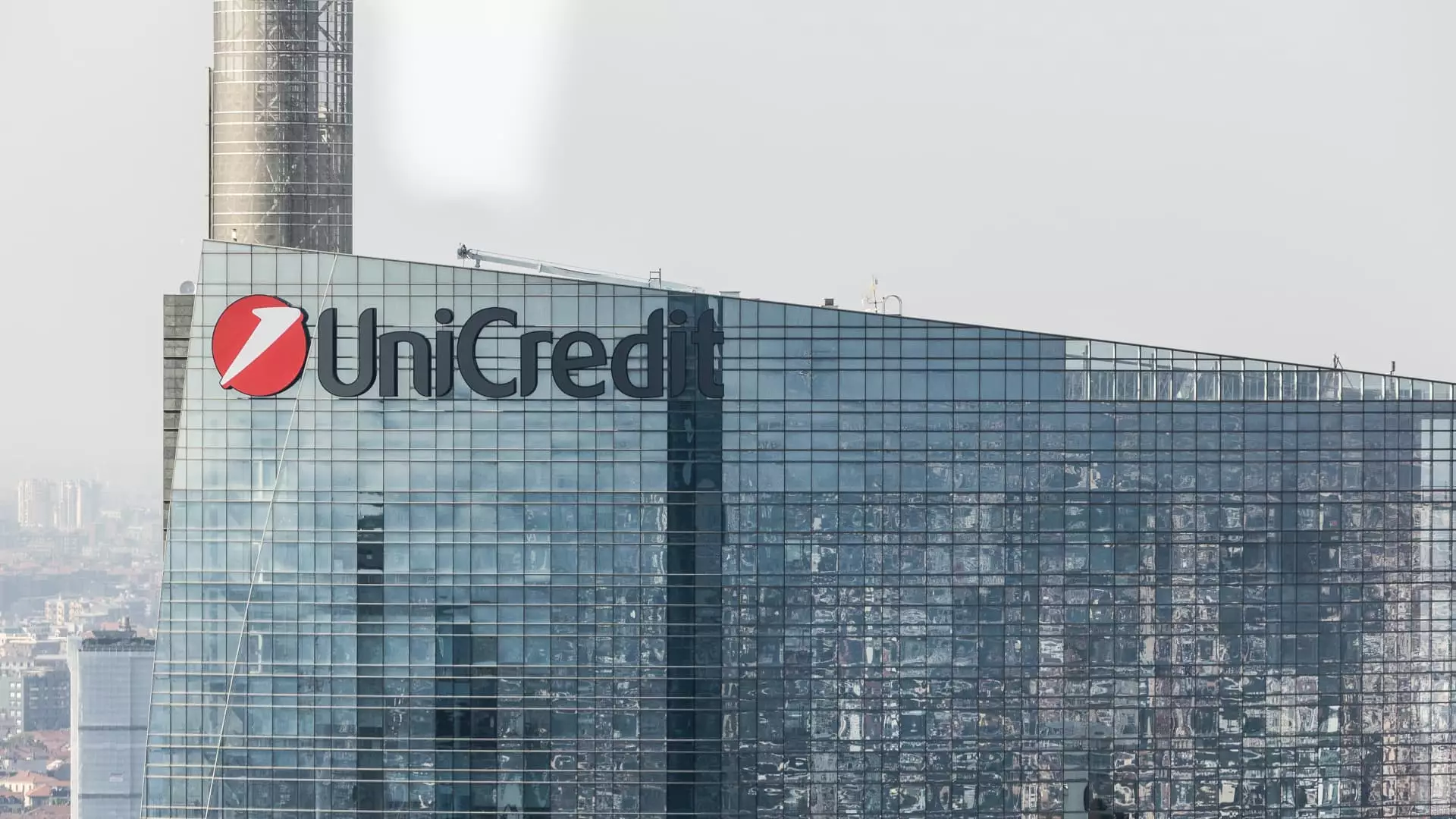In an intriguing development within the European banking sector, UniCredit, Italy’s second-largest financial institution, announced on Wednesday its decision to increase its potential stake in German lender Commerzbank to 28%. This leap from a previous 21% holding has drawn significant attention from market analysts and investors alike, keen to assess the implications for both banks. The increase is comprised of a 9.5% direct stake complemented by approximately 18.5% through various derivative instruments. As CEO Andrea Orcel simultaneously pursues a merger with Banco BPM, this maneuver raises questions about UniCredit’s long-term strategy in the German market.
Regulatory Matters and Future Aspirations
Importantly, UniCredit has approached the European Central Bank seeking approval to raise its stake to as much as 29.9%, which underscores its serious intentions regarding Commerzbank. The move reinforces UniCredit’s belief in the latent value within Commerzbank, an assertion articulated in their press release. The bank emphasizes that its position is purely investment-driven at this stage, which echoes the cautious tone adopted by its leadership amidst a complex regulatory landscape.
While the focus is currently on the German lender, analysts speculate that Orcel might enhance his bid for Banco BPM by introducing a cash element, signaling an aggressive expansion strategy. UniCredit’s ambition to solidify its footprint in Italy, where it competes closely with Intesa Sanpaolo, indicates a dual approach: strengthening its influence domestically while eyeing greater integration within Germany.
However, any potential merger with Commerzbank is not without its complications. The German government, which holds a 12% stake in Commerzbank, has historically opposed foreign takeovers, particularly given their role in the bank’s bailout during the 2008 financial crisis. Under the current political climate, with the ruling coalition facing instability and Chancellor Olaf Scholz battling for his political future, there are formidable hurdles to navigate.
Market responses have been optimistic, as evidenced by a 1.1% rise in UniCredit’s share price and a notable 3.1% increase in Commerzbank’s stock following the announcement. These movements suggest that investors are cautiously optimistic about the opportunities for synergy between the two banks.
Analysts have suggested that a merger between UniCredit and Commerzbank could present significant advantages, especially in capital markets, advisory services, and trade finance. The potential for synergies is appealing in a landscape where banks are striving for efficiency and broader service offerings. Nevertheless, the onus is on Orcel and his team to convincingly articulate the strategic benefits of such a merger to both regulators and the broader public.
As this situation unfolds, the banking community and investors will be closely monitoring UniCredit’s steps. The delicate balance between investment aspirations and regulatory approvals will define the upcoming chapters in this unfolding narrative. In a rapidly changing political and economic landscape, the outcome remains uncertain, but the stakes are undoubtedly high for both banks involved.


Leave a Reply